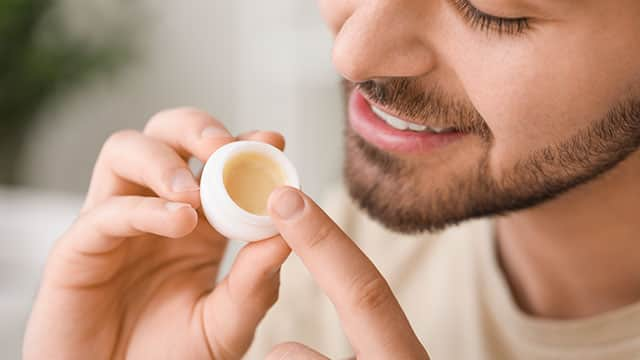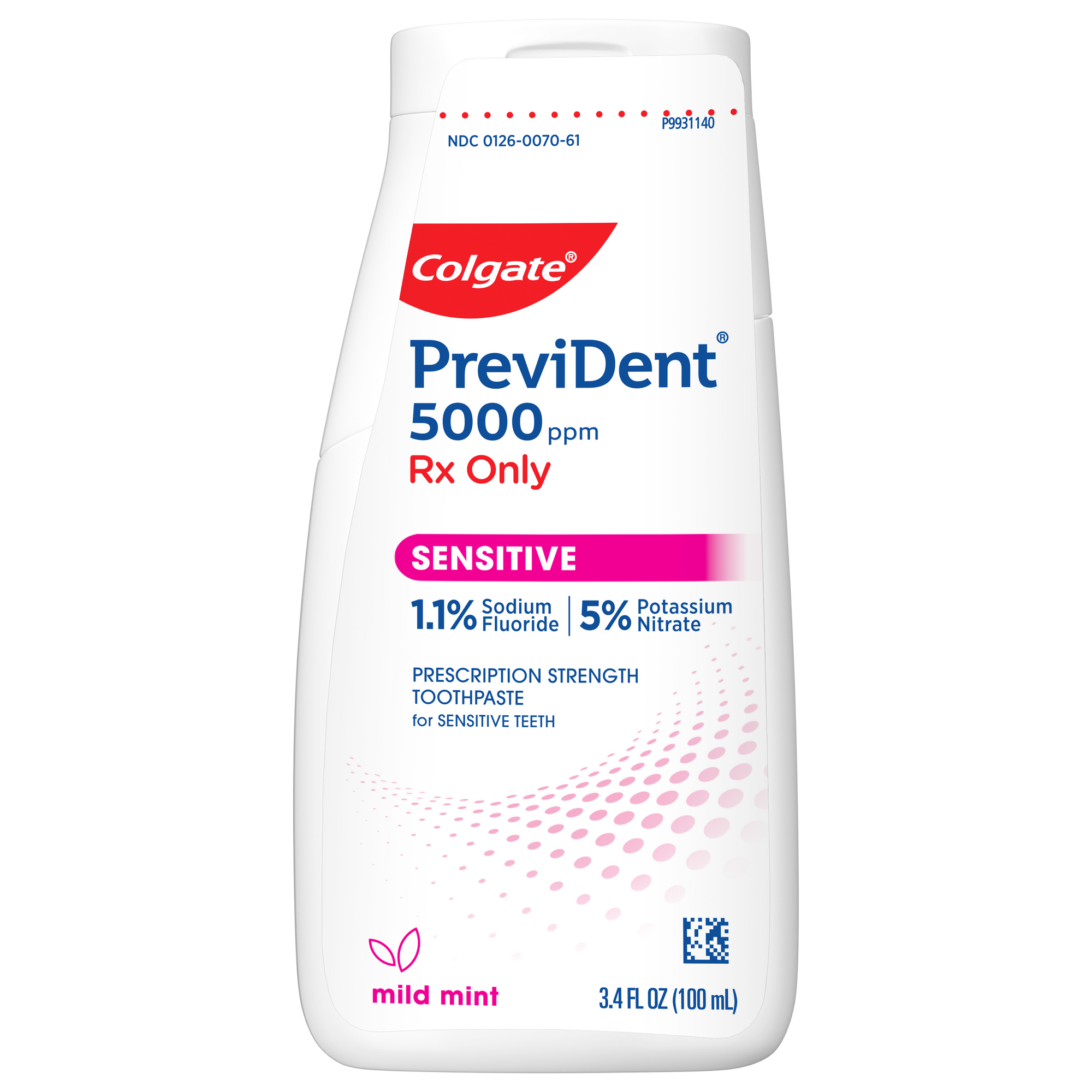What Could Be Causing A Purple Spot On Your Lip?
There are various potential causes of a purple spot on your lip. Some of them are benign (not threatening to your health), while others could be signs of something more serious. The following list of conditions could help you narrow down what's behind the discoloration you're experiencing, but be careful not to self-diagnose – a healthcare professional is best-suited to diagnose and treat your condition. Some of the most common causes of a purple spot on the lip include:
A broken blood vessel, blood blister, or bruise
The purple spot on your lip could be the result of an impact, or perhaps you bit your lip, causing it to bruise. If you have a bruise on your lip, your purple spot should go away in a matter of days. If it doesn't, the condition could be something else. Contact your healthcare professional for an appointment.
Venous Lake
A venous lake is the swelling of a vein under your skin, tends to affect the elderly, and can show on your lip, ears, or face. The cause is unknown, but it's believed to be associated with sun exposure. According to the American Osteopathic College of Dermatology, venous lakes are benign and don't cause pain or other symptoms. Treatment is typically for cosmetic purposes and includes light electrocautery, laser ablation, liquid nitrogen cryosurgery, or, more rarely, surgical removal.
Allergic Reaction
Certain foods, lipstick or chapstick, or another item that you're allergic to could have come into contact with your lip, causing it to turn purple. In most cases, an allergic reaction will go away on its own. If you're experiencing other symptoms like difficulty breathing or swallowing, get immediate medical attention.
Lip Cancer
According to Memorial Sloan Kettering Cancer Center, lip cancer is the most common oral cancer. Tobacco products, excessive alcohol consumption, and sun exposure all increase your chances of getting lip cancer. If you think you may have lip cancer, visit your healthcare professional for diagnosis and treatment right away. Catching this disease early increases your likelihood for successful treatment, whether your doctor recommends surgery or radiation.
If you've noticed a dark spot on your lip, or any other changes to the skin on your lips, it's always a good idea to see your healthcare professional for diagnosis. It may be a benign condition that will go away on its own, but if it's something more serious, you'll be happy to catch it early so you can begin treatment right away. Whatever is causing the purple spot on your lip, we hope you're able to have comfort and peace of mind soon. That will be something to smile about.
This article is intended to promote understanding of and knowledge about general oral health topics. It is not intended to be a substitute for professional advice, diagnosis or treatment. Always seek the advice of your dentist or other qualified healthcare provider with any questions you may have regarding a medical condition or treatment.
ORAL HEALTH QUIZ
What's behind your smile?
Take our Oral Health assessment to get the most from your oral care routine
ORAL HEALTH QUIZ
What's behind your smile?
Take our Oral Health assessment to get the most from your oral care routine















